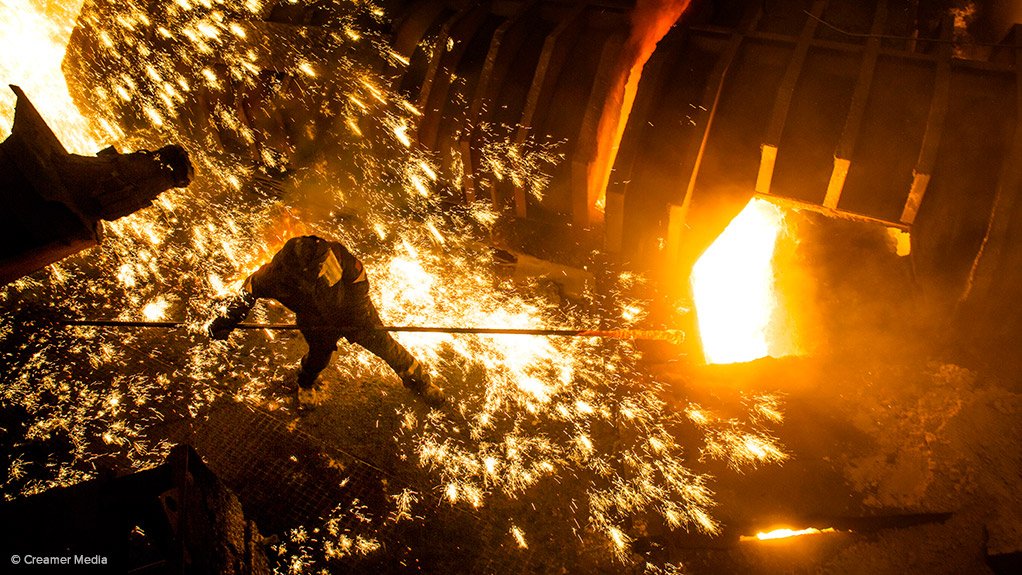The firm response Europe has pledged to planned US tariffs on steel and aluminium imports is likely to stop short of triggering the trade war that open market supporters fear.
US President Donald Trump said on Thursday the United States would apply duties of 25% on imported steel and 10% on aluminium to protect US producers.
The European Commission called the step a blatant intervention that amounted to protectionism. However, while promising to act "firmly", it made no mention of retaliation but instead spoke of counter-measures that conformed to World Trade Organization (WTO) rules.
Trump tweeted on Friday that trade wars are good and "easy to win".
"When a country (USA) is losing many-billions of dollars on trade with virtually every country it does business with, trade wars are good, and easy to win," his tweet read. "Example, when we are down $100-billion with a certain country and they get cute, don’t trade anymore-we win big. It’s easy!"
Brussels will join other countries in challenging the measures at the WTO and says it will also look into safeguards.
Safeguard measures, last deployed in 2002 in response to steel import duties set by then US President George W. Bush, would be designed to guard against a flood of imports resulting from the US tariffs set to formally announced next week.
However, they would have to apply to selected steel grades from all countries and so would hit producers from China, India, Russia, South Korea or Turkey.
US steel makes up less than 1% of EU steel imports.
The European Union sees itself as a global counterweight to a protectionism-leaning Trump, sealing a trade deal with Japan, which had been part of a planned trans-Pacific trade alliance Trump withdrew from on his first day in office.
The EU is also seeking to conclude free trade deals with Mexico, now in talks with the United States to save the North American Free Trade Agreement (NAFTA), and the Mercosur countries Argentina, Brazil, Paraguay and Uruguay.
Retaliation would go against its long-standing message that global trade should be free - as well as fair.
Data from European steel association Eurofer shows the United States was the destination of about 15% of Europe's steel exports in 2017, second behind Turkey with a 20% share.
The 3.4-million tonnes crossing the Atlantic to the United States is about 2% of EU steel production. Including tubes, the figure is 5-million tonnes, which Eurofer warned could be cut in half by the US measures.
ArcelorMittal, the world's biggest steelmaker with sizeable European and US operations, said it was assessing the likely impact, although said that governments were right to take a tough approach to unfair trade.
Turkey's steel exporters association said it did not expect a major impact on their exports to the United States. They make up more than 5% of US steel imports.
Analysts from Jefferies said the actual measures announced next week could be more nuanced than an across-the-board 25% tariff for steel, which it said was politically unfeasible and viewed as a direct tax on US consumers.
Europe, they said, was likely to respond quickly with safeguard measures - it took just 20 days to act in 2002 - and EU producers could secure more open access to the United States than rivals.
BSC analysts said the short-term impact for Russian steel stocks should be limited and said the measures were a "zero issue" for aluminium producer Rusal <0486.HK >, which could easily send its products elsewhere at virtually no cost.
Edited by: Reuters
EMAIL THIS ARTICLE SAVE THIS ARTICLE
To subscribe email subscriptions@creamermedia.co.za or click here
To advertise email advertising@creamermedia.co.za or click here













